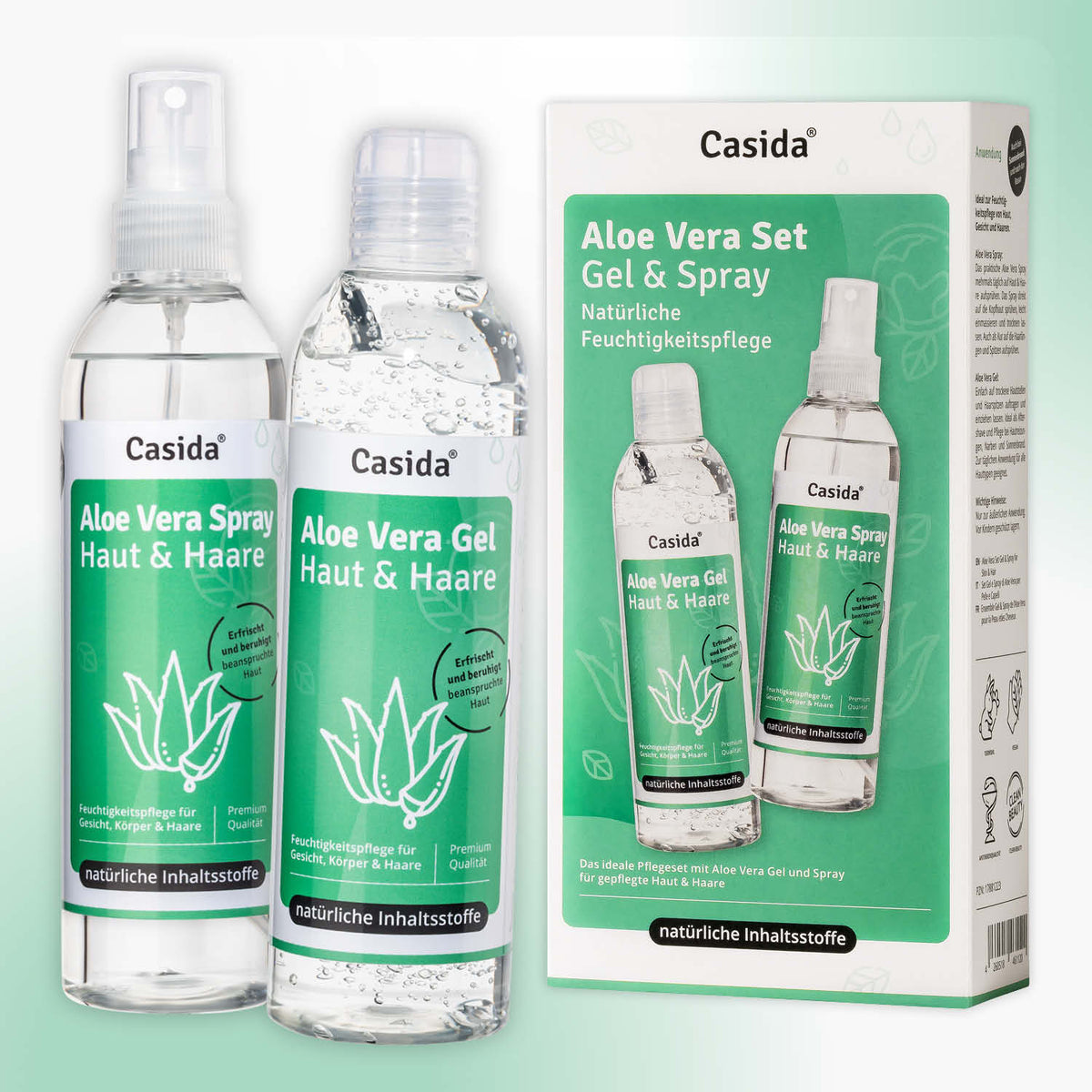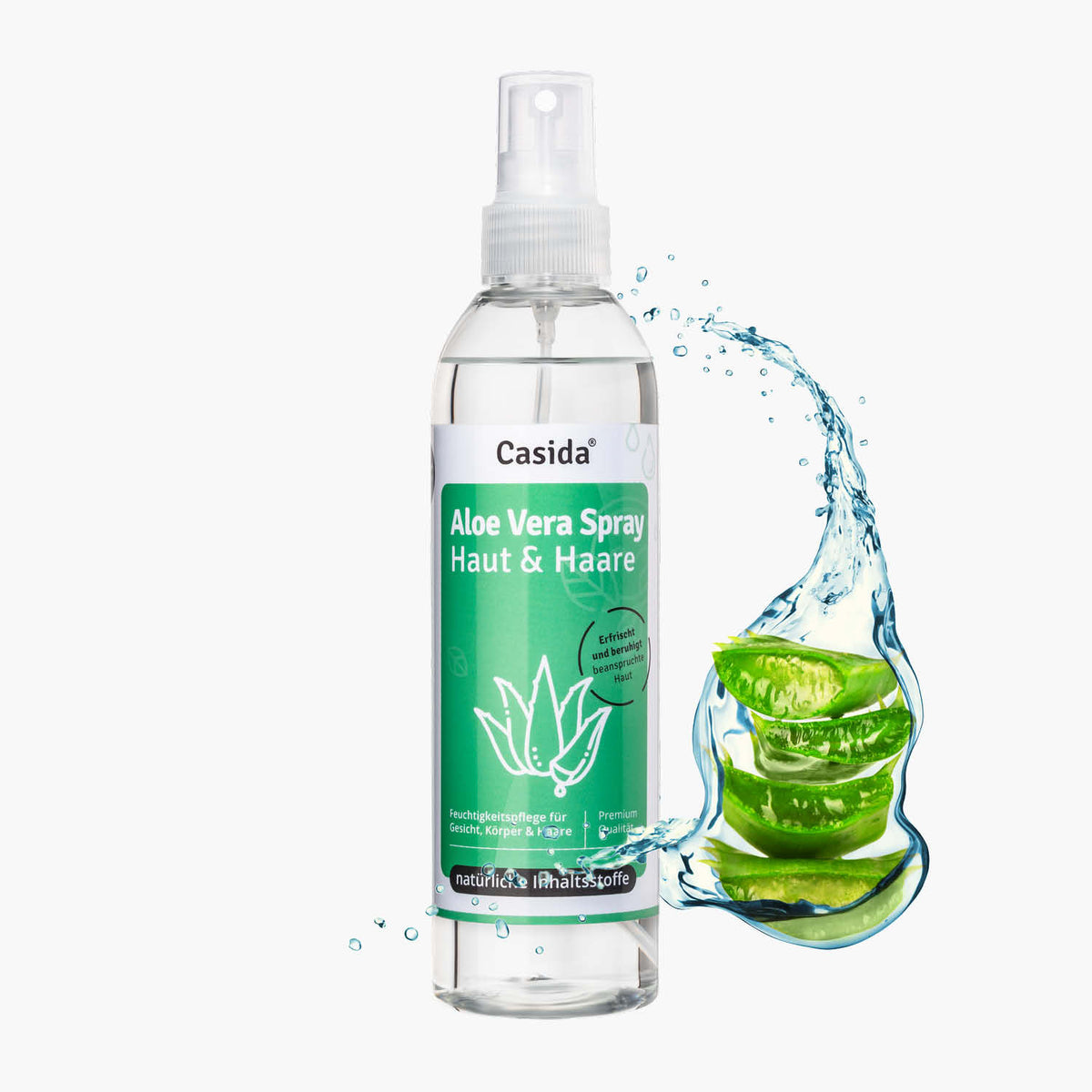Unfortunately, many people know it all too well - when you get up in the morning, you don't even want to breathe on yourself. Similarly, after a plate of garlic pasta, you avoid getting too close to other people. For some people, brushing their teeth is enough and their breath is no longer unpleasant. For others, however, not even additional mouthwashes help, because they simply cannot get rid of bad breath.
According to estimates, at least 25% of all people today suffer from recurring or persistent bad breath. This is technically known as halitosis. But what are the causes and how can bad breath be combated?
Table of contents
1 What causes can lead to bad breath?
There can be numerous causes of unpleasant bad breath. However, most doctors and experts assume that in around 90% of cases, the problem can be found in the mouth itself. The mouth and throat area is the perfect place for bacteria and germs to develop and multiply due to its warm and moist environment.
Although many of these bacteria are not problematic in themselves and some of them even help with digestion and the breakdown of germs, it is not uncommon for so-called gram-negative bacteria to be present. They break down food debris and dead body cells in the mouth, between the teeth and on the tongue, releasing gases that cause bad breath.
In some people, the cause of unpleasant bad breath is inflammation or infection of the gums, also known as periodontal disease or periodontitis. The gums recede and food debris and bacteria settle in the resulting "pockets" within the cavities. However, these complaints can usually be successfully treated by dentists, which also eliminates bad breath.
Another reason for bad breath can be thebacteria that reside on the tongue. Although many people brush their teeth, they usually leave out the tongue. However, the majority of bacteria in the mouth are found on the tongue. It is often not enough to just clean the surface of the tongue, as the bacteria can lie very deep in the recesses and grooves of the tongue.
Some people also suffer froma lack of saliva ordry mouth , although saliva fulfills an important function: Namely, it helps to break down food debris and remove it along with the bacteria.
Many people simply do not have enough "good" bacteria in their mouths. Modern life and the stress we are exposed to on a daily basis, the irregular meals and the frequently processed foods we eat can cause these good bacteria to dwindle and lead to impaired oral flora.
But there are also numerous other reasons for bad breath, ranging from smoking, excessive coffeeand alcohol consumptionto stress and the use of certain medications. Certain foods can also lead to bad breath, including onions and garlic, but also cheese, meat and eggs.
Many industrially produced and processed foods such as ready meals, snacks, sweets and soft drinks contain a variety of preservatives, artificial flavors and hidden sugars that can upset the balance of oral flora. They can all contribute to the development of halitosis and make it impossible to get rid of bad breath.
2. effects and consequences of bad breath
Bad breath is still a taboo subject and most people are very reluctant to talk about this problem. As a result, visits to the doctor and dentist are often postponed and the problem continues to worsen, especially if there is an underlying illness.
It is precisely because people are so reluctant to talk about this problem that they often isolate themselves and avoid the company of others. This in turn can lead to depression and serious mental illness. Some people obsessively brush their teeth dozens of times a day in such situations, but become even more frustrated when this doesn't work either. The result is a vicious circle from which it is impossible to escape, which is why those affected withdraw further and further into themselves.
3 How can I get rid of bad breath?
First and foremost, daily and thorough oral and dental hygiene. It is particularly important to brush the teeth, the spaces between the teeth and the tongue regularly, for which a toothbrush alone is often not enough. Dental floss and special brushes for the tongue as well as tongue scrapers can make a decisive difference here.
If this does not get rid of unpleasant bad breath, the next steps are to try tochange your diet, drink less coffee or alcohol, stop smoking, eat less meat and industrially processed products or cut them out completely.
In addition, there are numerous products on the market today that specifically rebuild the oral flora. These include food supplements enriched with probiotics and natural ingredients that prevent the excessive accumulation of germs and bad bacteria and replace them with good bacteria. This allows you to get rid of unpleasant bad breath, support your immune system in its defense against pathogenic microorganisms and, last but not least, keep your teeth and gums healthy.
One such 100% natural product is the Casida Dental Repair probiotic lozenges, which contain protective oral flora bacteria and do not contain any synthetic chemical additives. The lozenges are highly dosed with two probiotic bacterial strains and at least one billion colony-forming units. By taking them regularly, you make your daily oral hygiene easier and can effectively get rid of unpleasant bad breath. The pleasant taste of Casida Dental Repair lozenges immediately provides instant fresh breath.
Important note / disclaimer:
As pharmacists, we share our pharmaceutical expertise and wealth of naturopathic experience in the Casida guide. An individual diagnosis and consultation is necessary in every case. Therefore, this offer cannot replace medical advice. It is not intended to treat, cure or prevent any disease. It is not a substitute for medication or other treatments prescribed by a doctor.
.







